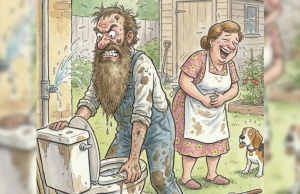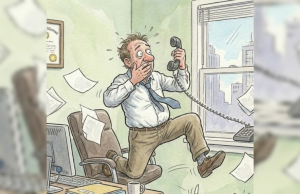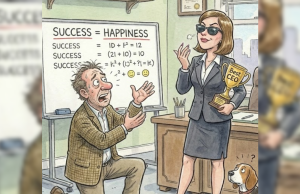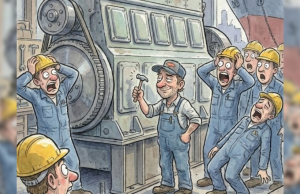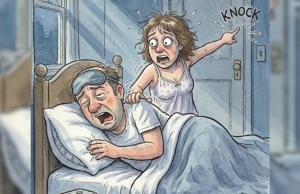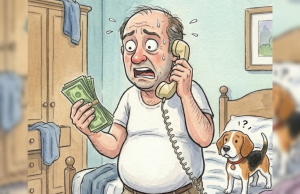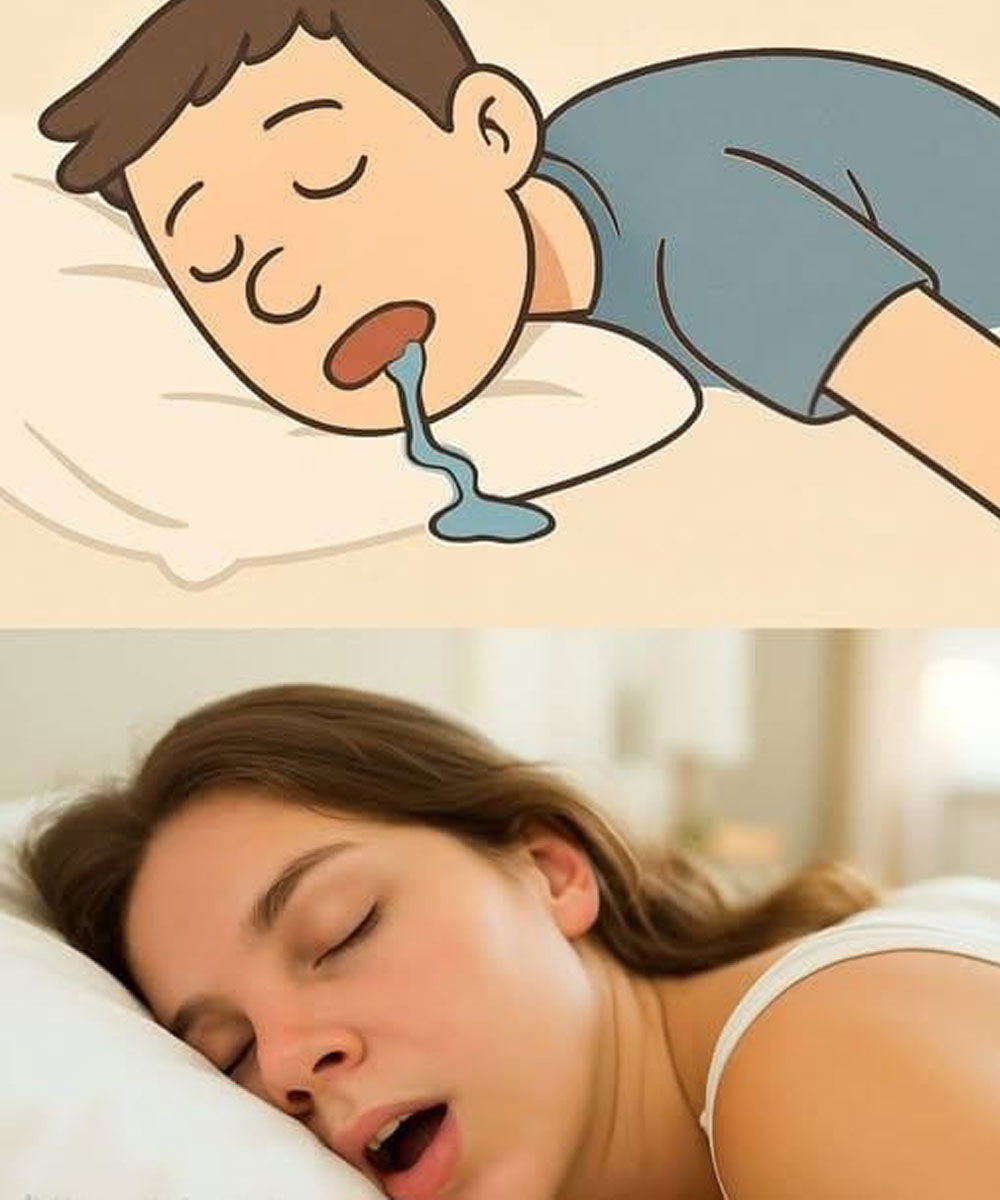
Drooling while you sleep is actually pretty common and usually nothing to worry about. It happens when saliva builds up in the mouth and, instead of being swallowed, leaks out — especially if you’re sleeping on your side or stomach. A few common causes include:
– Mouth breathing (due to allergies, sinus issues, or a cold)
– Sleeping position (side or stomach sleeping lets gravity do its thing)
– Deep sleep stages (muscles relax more, making drooling more likely)
– Certain medications or neurological conditions
Occasional drooling is normal, but if it’s frequent, excessive, or accompanied by other symptoms like:
Choking or coughing during sleep
Daytime fatigue (possible sleep apnea)
Sore throat or bad breath in the morning
…it could be worth getting checked out.
Beyond the medical and health-related aspects of drooling in sleep. Here’s a breakdown of non-health-related dimensions, including cultural, psychological, evolutionary, social, environmental, and even symbolic perspectives:
1. Cultural Perceptions & Taboos

Embarrassment or humor: In many cultures, drooling in your sleep is seen as mildly embarrassing or comedic — often joked about in sitcoms or cartoons.
Symbol of deep sleep: In some places, drooling is interpreted as a sign of a good night’s rest or that someone reached a very deep, relaxed sleep stage.
Politeness norms: In more conservative or formal cultures, any form of bodily fluid or “lack of control” is seen as inappropriate — making drooling more taboo, especially in public or shared spaces.
2. Evolutionary Angle
Primal instincts: Saliva production is a survival trait — it protects your teeth, aids digestion, and signals readiness to eat. Drooling might be an overflow mechanism in a deeply relaxed (safe) state, suggesting that the body doesn’t feel threatened.
Animal behavior: Many animals drool when asleep, hungry, or relaxed. Humans likely retained this as a side effect of muscular relaxation during rest.
3. Psychological Interpretations

In dream interpretation or symbolic psychology, drooling could metaphorically reflect:
Desire or longing (like the phrase “mouth-watering”)
Loss of control
Vulnerability (being caught in an unguarded, childlike state)
Some people associate drooling with comfort, trust, or emotional safety, particularly in intimate or family sleeping situations.
4. Representation in Media & Pop Culture
Comedy: Drooling is often used in media to show a character is:
Sleeping deeply or snoring loudly
Daydreaming or infatuated (e.g., cartoon characters drooling over food or love interests)
Horror: In some horror or thriller narratives, unexplained drooling is used as a creepy or unnatural symptom (e.g., possession, infection).
5. Sleep Products & Consumer Trends
Growing awareness of sleep health has led to:
Pillows designed to reduce drooling (like elevated or cooling pillows)
Waterproof or absorbent pillowcases for those who drool regularly
Products like mouth tape to promote nasal breathing at night
6. Social & Relationship Dynamics

In romantic or shared living situations, drooling during sleep might:
Create self-consciousness, especially early in relationships
Be viewed as endearing, annoying, or funny depending on the dynamics
Parents often find it adorable when babies or pets drool during sleep, reinforcing emotional bonding.
7. Professional or Practical Concerns
Drooling during naps at work or travel (planes, buses) can be embarrassing in public settings.
Some people avoid sleeping in front of others (e.g., in military barracks, shared dorms, sleepovers) due to fear of drooling or other involuntary habits like snoring or talking in sleep.
8. Literary & Linguistic Connections
Language expressions related to drooling often imply:
Desire or anticipation (“drooling over a new car”)
Idleness or lack of intelligence in some derogatory phrases
Childishness or immaturity, especially in metaphoric use


